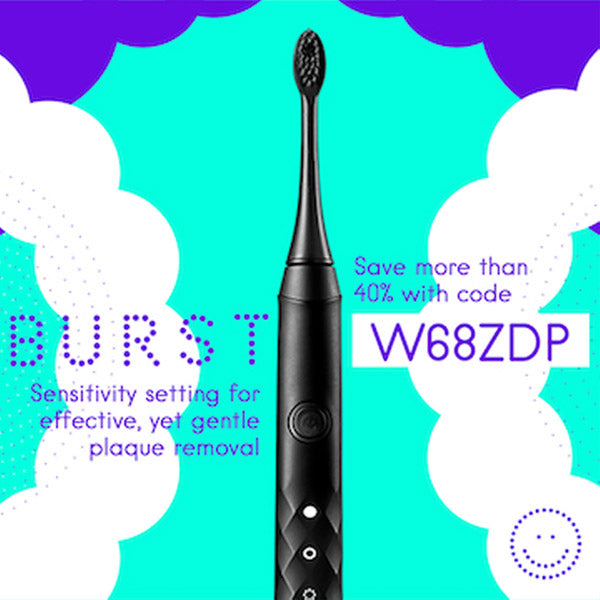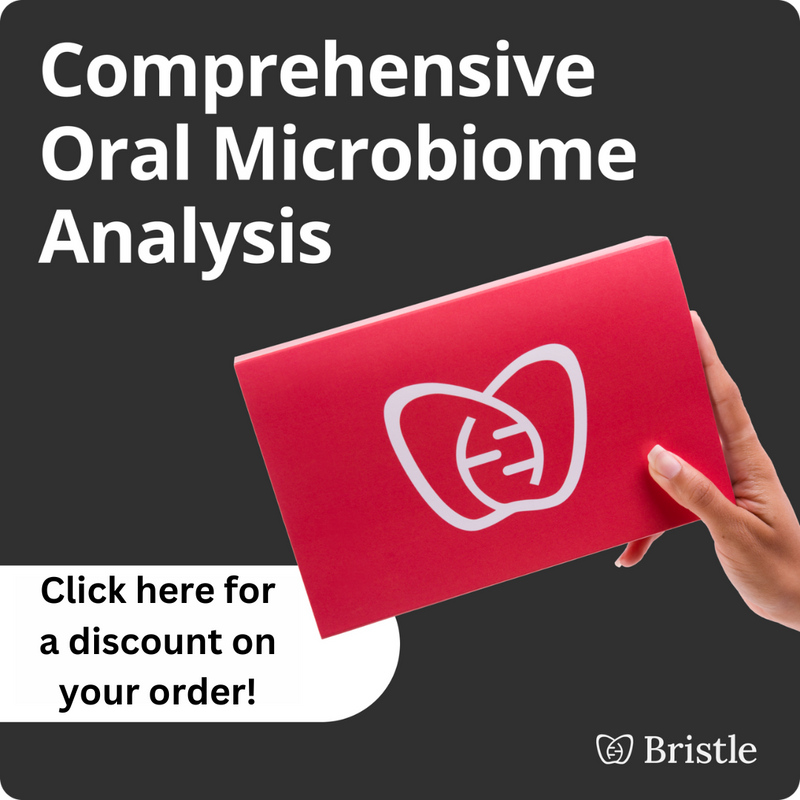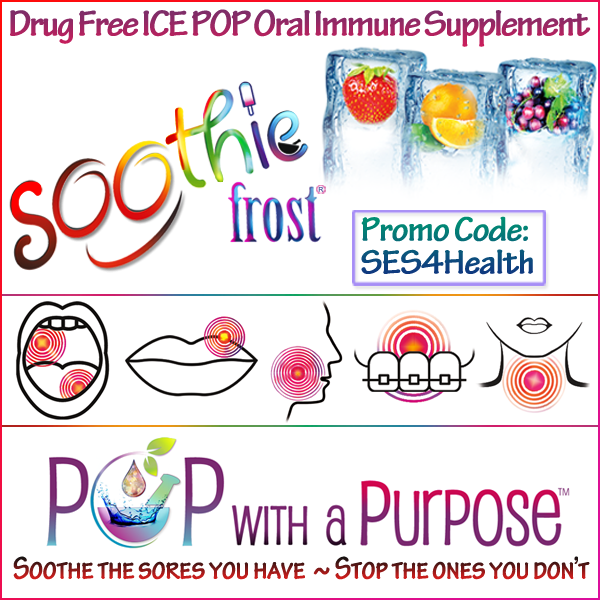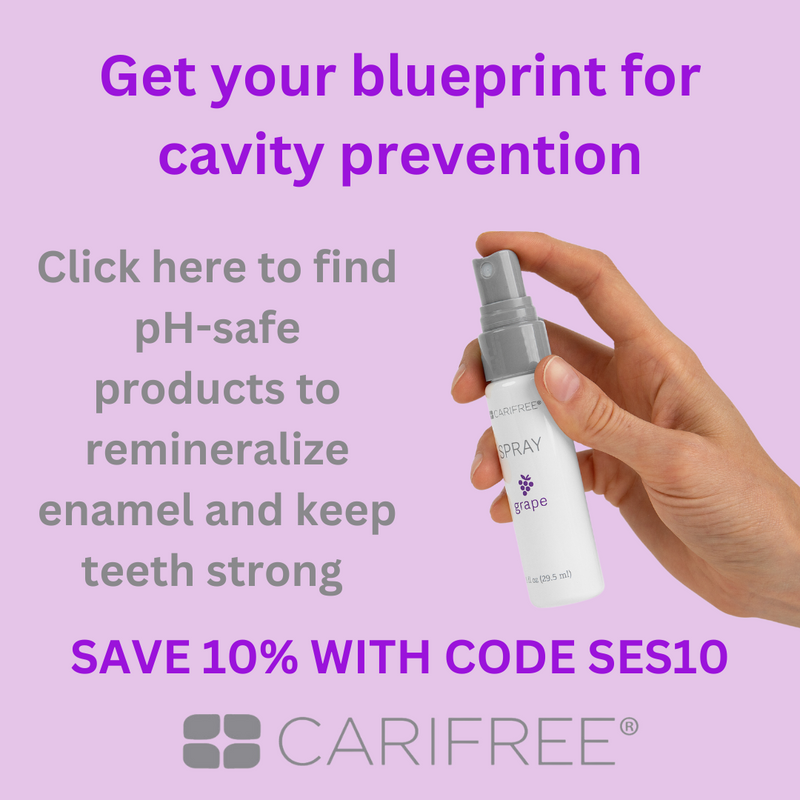Preventing Non-Ventilator Healthcare-Associated Pneumonia (NV-HAP) Through Comprehensive Oral Care

Many thanks to Michelle Strange, MSDH, RDH, CDIPC for graciously contributing the following information! Learn more about Michelle below.
Pneumonia remains a significant concern in healthcare settings. NV-HAP, or Non-Ventilator Healthcare-Associated Pneumonia, is a prevalent healthcare-associated infection in the United States, contributing to a significant healthcare burden. This blog aims to explore the factors associated with Non-Ventilator Healthcare-Associated Pneumonia (NV-HAP) and highlight the importance of comprehensive oral care as a modifiable risk factor. The following sections will discuss the understanding of NV-HAP, the role of oral care in preventing NV-HAP, challenges in routine oral health care, the leadership's role in prevention, and strategies for implementing comprehensive oral care in healthcare settings.
Understanding NV-HAP
NV-HAP is a prevalent healthcare-associated infection in the United States, contributing to a significant healthcare burden. Approximately 1.6% of hospitalized patients experience NV-HAP, and its mortality rates can range from 15% to 30%. While oral care, patient mobility, and head-of-bed positioning are modifiable risk factors for NV-HAP, it is also important to consider non-modifiable factors such as age, immunocompromised status, and chronic respiratory diseases. These non-modifiable factors can increase an individual's susceptibility to NV-HAP and should be taken into account when developing prevention strategies.
The Role of Oral Care
Oral care is a key modifiable risk factor that can be addressed for all patients. Dental plaque, which can harbor pathogenic bacteria, can quickly accumulate in the mouth if not removed through regular oral hygiene practices. Aspiration of these bacteria into the lungs can lead to NV-HAP if host defense mechanisms fail to eliminate them. The US Department of Veterans Affairs' HAPPEN (Hospital-Acquired Pneumonia Prevention by Engaging Nurses) project is one successful illustration of a structured oral care protocol. This project implemented structured oral care protocols in hospitals and has shown remarkable success in reducing NV-HAP rates and saving healthcare costs. By highlighting such success stories, hospitals can be motivated to invest in similar prevention strategies.
Challenges in Routine Oral Health Care
Despite the critical role of oral care, it is often overlooked during hospital stays. Patients may not receive adequate oral hygiene supplies, increasing the NV-HAP risk. Hospitals that consistently prioritize oral care report decreased NV-HAP rates and significant cost savings. Hospitalization presents a unique opportunity to address oral care and improve patient practices during the stay and after discharge, ultimately contributing to better oral health and reducing the risk of NV-HAP.
Leadership's Role in Prevention
Hospital leadership plays a crucial role in championing oral care strategies. Their support is essential in securing resources and time for implementing changes and engaging patients and families in prevention efforts. Success factors include having a clear prevention plan, ongoing education and training for staff, and continuous monitoring and evaluation to identify improvement opportunities. Sharing best practices and success stories can further promote the adoption of prevention strategies.
Engaging leadership support
To garner leadership support, it is vital to demonstrate the value of pneumonia prevention efforts. Several examples showcase the positive impact of structured oral care protocols on reducing NV-HAP rates and saving substantial healthcare costs. Highlighting such success stories can motivate hospitals to invest in prevention strategies.
Establishing a Multi-Disciplinary Team
Addressing NV-HAP requires a multi-disciplinary approach involving various departments such as clinical education, dental teams, infection prevention, nursing, nutrition, etc. Regular team meetings facilitate data review, the identification of improvement opportunities, and the development of protocols and policies.
Training Staff
Staff members must understand how NV-HAP develops and which patients are at the highest risk. Training should cover new processes, protocols, and the safe and effective use of oral care supplies. Identifying skill and knowledge gaps through patient risk assessments, quality improvement studies, and frontline staff feedback is essential. Standardized training programs can enhance staff competence and safety.
Conducting an Oral Health Assessment
Completing an oral health assessment is critical to developing individualized care plans.
- Review patients' oral health histories upon admission.
- Conduct a physical oral assessment to identify risk factors, special considerations, and physical limitations affecting oral care.
-
Use the assessment findings to develop tailored care plans and ensure patients receive appropriate oral care supplies.
During hospital stays
During a patient's hospital stay, clear protocols and procedures for oral care should be in place, specifying supplies and care frequency. Staff should provide oral care supplies to all patients and follow standardized self-care and staff-assisted care procedures. Documentation and data collection are crucial to tracking oral care delivery and identifying barriers to care provision, such as an inadequate supply of oral care products, a lack of staff training, or patient refusal.
Providing oral health education
Before hospitalization, patients should be encouraged to establish a dental home and complete preventive dental visits. This can reduce the risk of NV-HAP and chronic respiratory diseases. During hospitalization, patients and caregivers should be educated about the risks of pneumonia and the importance of proper oral care. Encouraging patients to continue oral care at home and follow up with dental providers after hospitalization ensures the ongoing maintenance of oral health.
Conclusion
Preventing NV-HAP through comprehensive oral care is a cost-effective and patient-centric approach that hospitals should embrace. By prioritizing oral care, healthcare facilities can reduce NV-HAP rates, improve patient outcomes, and contribute significant cost savings. Additionally, regular communication and collaboration between dental and medical providers can help identify high-risk patients and implement preventive measures. Furthermore, incorporating oral care into the overall care plan can lead to better overall health outcomes for patients, as oral health is closely linked to systemic health.
View the free, on-demand webinar by clicking on the image below:
Access the Toolkit by clicking on the image below:
More about Michelle Strange

Michelle Strange, MSDH, RDH, brings over 20 years of experience to her numerous roles in dentistry. A graduate of the Medical University of South Carolina with a Bachelor's of Health Science and the University of Bridgeport with a Master's in Dental Hygiene Education, she focuses her career on expanding the knowledge of her colleagues in all aspects of health care. Her passion for dentistry and its connection to overall health extends to her community and global efforts.
Michelle was the co-founder and the FIRE and ENERGY that made the A Tale of Two Hygienists podcast. Currently, she is the owner of Level Up Infection Prevention, MichelleStrangeRDH, a key-opinion leader, writer, content creator, infection control consultant, and a practicing dental hygienist.
Michelle’s passion for dentistry extends to her community, where she volunteers frequently and participates in global missions.
In 2021, Michelle decided to sell everything, pack up a 12ft trailer, and live her dream traveling country, possibly the world. Michelle has her dental hygiene license in the many states she has been living in, making her one of the few roaming dental hygienists in the country. Michelle has adventurous spirit that is front and center these days.






